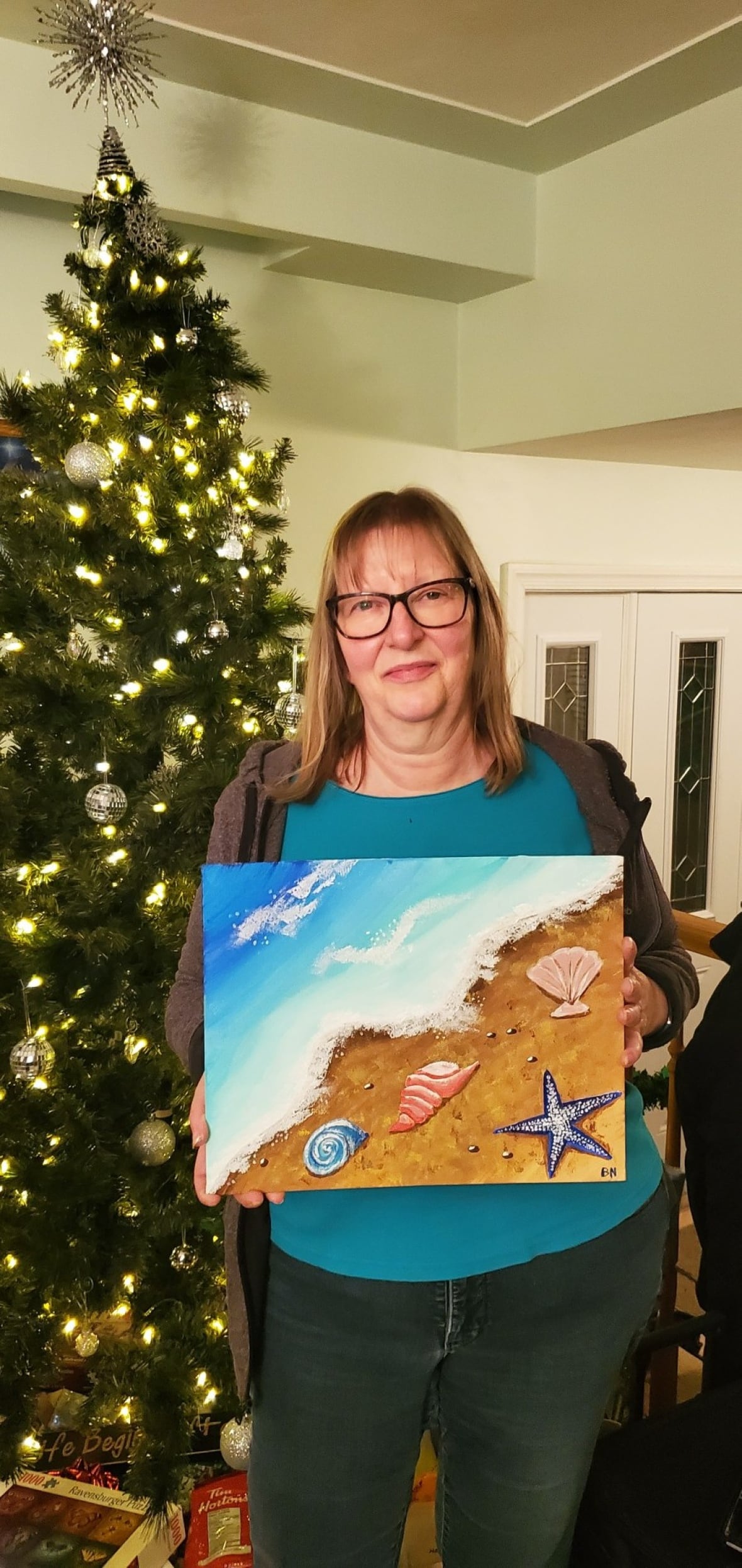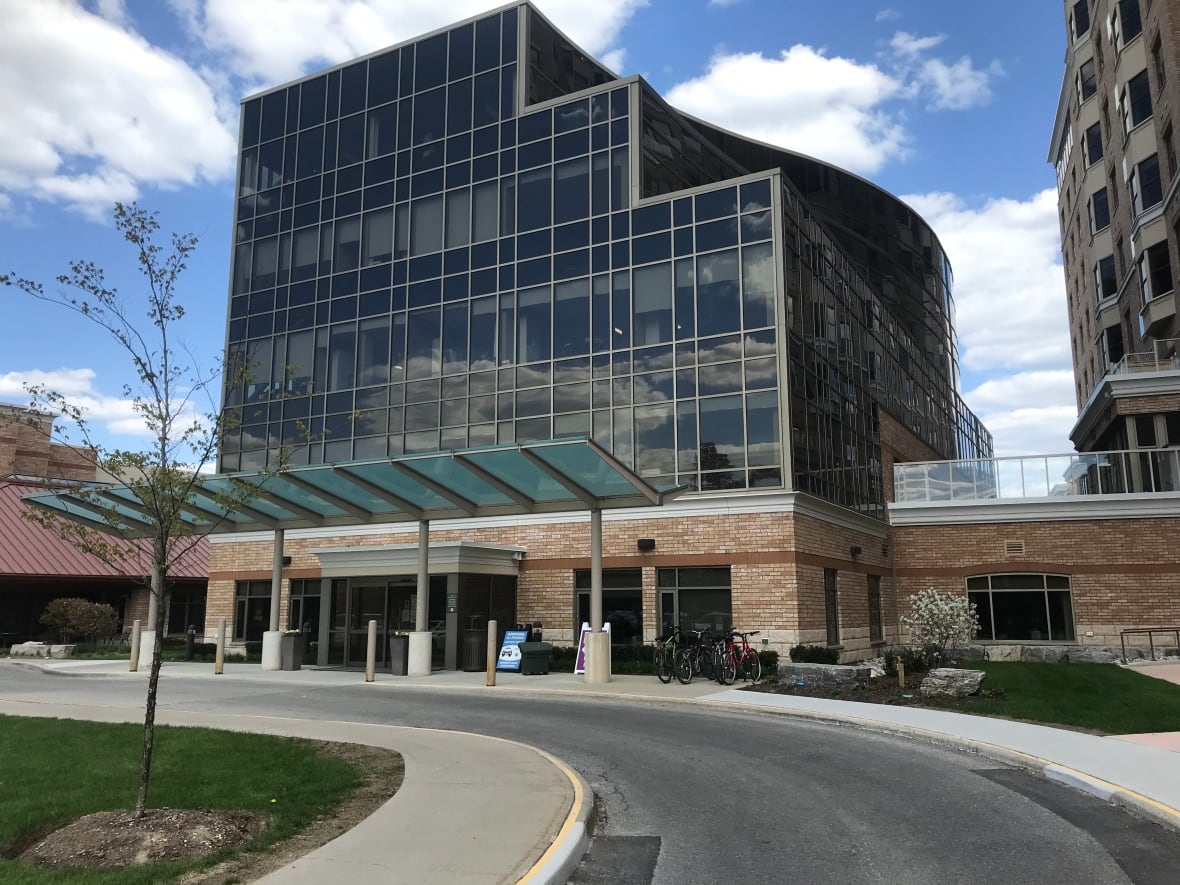Uber launches new features for seniors, one expert says the problem is not age-related
New features include a 'simple mode' including larger type and different payment options

Ridesharing service Uber has recently launched updates specifically for seniors, but a University of Waterloo (UW) professor believes digital marginalization of this age group is still not being addressed correctly.
"Had [seniors] been included from the beginning, and the app had been run in a way that includes everyone, perhaps the update would have been much better from the beginning and it would have served this population [already]," Cosmin Munteanu told CBC News.

Munteanu, in addition to being a professor at the University of Waterloo, is the Schlegel research chair in technology for healthy aging at the Schlegel-UW Research Institute for Aging (RIA). He has been working on inclusive technologies and the intersection of technology and aging populations for over two decades.

The updates Uber has launched include a "simple mode" with features geared at supporting seniors. The simple mode is a redesigned option prioritizing accessibility of the use with location shortcuts. The creation of "senior accounts" will include larger text, trip updates for live tracking, multiple payment options and more.
Other companies like Lyft also have senior-specific options.
Munteanu said he appreciates any and all developments improving access for seniors but such programs still come off as an after-thought.
Designing technology for seniors is a challenge, he said, adding the problem is at least two pronged: societal and technological.
With the new updates, authorized members in the same family account will be able to request assistance from family members. This consists of several new choices such as the ability to use someone else's payment options, live trip updates to others, and family members being able to book rides for the senior account and even contacting the driver if needed.
"I'm … concerned with how this may be implemented," Munteanu said.
"Why was the previous version not good for seniors," he asked.
Munteanu explained that some of the new options being rolled out would be good for everyone. His concern comes from the crafting of the narrative too.
"Until now seniors could not use an app and we're suddenly coming up with a great version of the app that's just for seniors," he said.
The challenge, he said, is a lot of these apps are not designed to accommodate different ways people use technology.
"We immediately reduce seniors to disability," Munteanu said. "A lot of people need accessibility assistance with apps … not necessarily because they age."
Keerthana Rang, a spokesperson for Uber, said the company is following demographic trends in Canada.
"What we're seeing is that people who are using our app are getting older or ... parents and grandparents see that their kids are using it and [feel] this could really easily be for me too."
The simple mode feature can be used by anyone and isn't just for seniors, Rang said.
"Uber is moving into what we're calling 'having everyone in the family use [it],'", she said. The senior profile feature follows the launch in recent years of Uber for teens.
Rang said the company is following what its ridership is looking for and requesting.
Brenda Nowak is a senior who has lived in Waterloo region her entire life.
The big technology shift of her youth was the introduction of electric typewriters. The 65-year-old's own relationship to technology is mixed.
"[Technology] doesn't come naturally to me, like it does for people that have grown up with [it]," she said.

Nowak's experience with ridesharing apps is limited. She's never ordered a car herself but the business which services her car does so, so she's taken an Uber.
"They arranged it for me. I just stood outside and waited for the car and got in. But I got the texts … I understand how it works: you get the text that says who's coming and what their name is and what their license plate number and what kind of car … but I've never personally arranged it myself."
Nowak says she appreciates the idea of a company taking seniors into consideration, not all of whom are tech savvy and sometimes need extra help.
While a lot of younger people, she said, will sign up for things, she's always been a little more hesitant, even anxious especially when she doesn't understand how something works. Nowak said maybe the reluctance to embrace new technologies is more about her personality and less about her age group though.
"Some people are just more brave at going ahead and trying something whether they understand it or not."
While she uses technology at work which has a dedicated IT department, she has often wished there was a helpline for seniors.
"I wish there was something … where you could ask questions or get help or [call and say], 'I don't understand this, can someone explain it to me?'"

With files from Craig Norris

